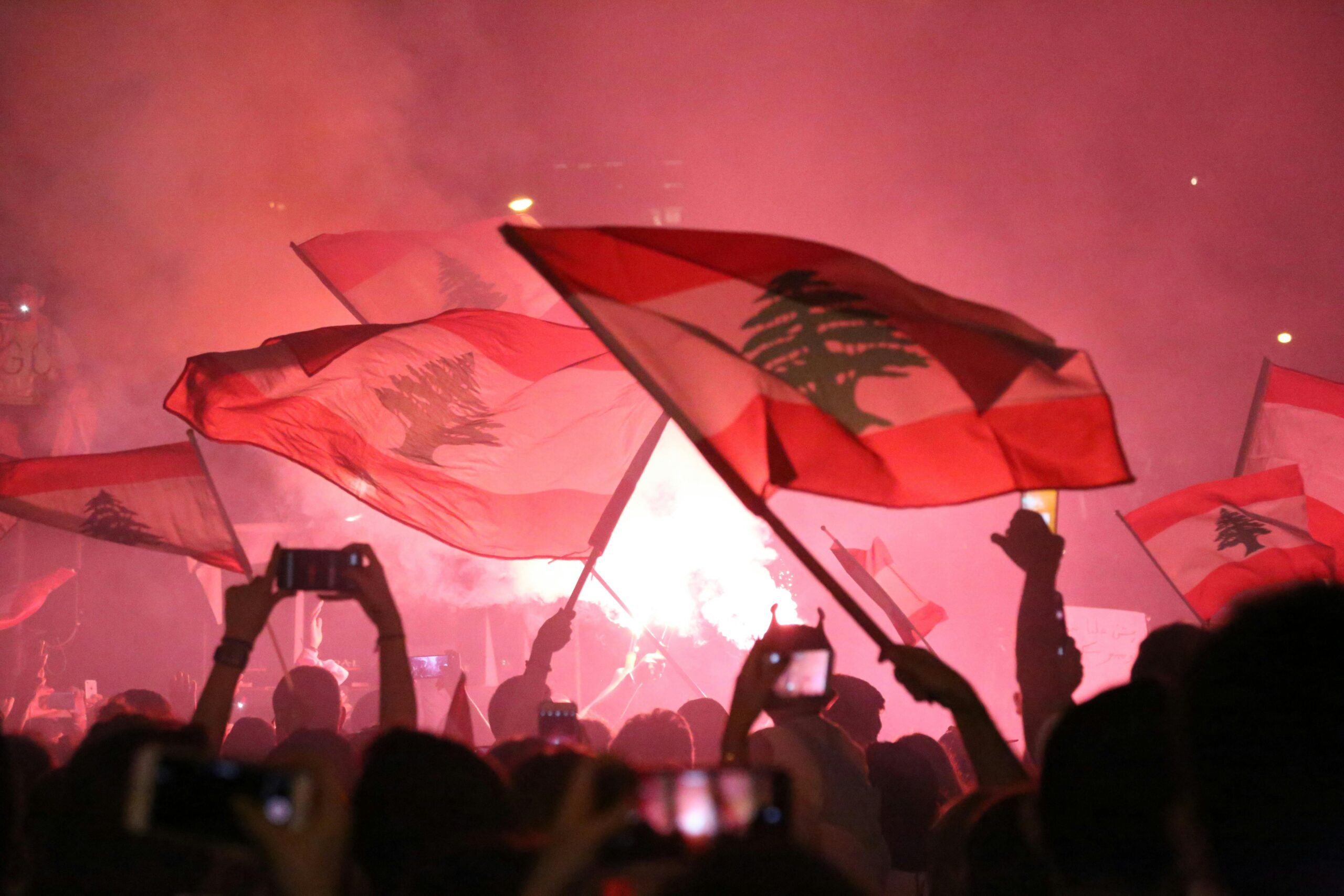By Darine Ammache, Clinical Psychologist
The Resilience of the Lebanese People: A Psychological Perspective on Coping Mechanisms
The Lebanese people’s remarkable ability to maintain their love for life amidst decades of war and uncertainty can be understood through psychological defense mechanisms. These mechanisms are subconscious ways in which individuals protect themselves from overwhelming emotions and trauma. In the context of Lebanon, with its history of Israeli attacks, civil wars, and economic crises, these coping strategies have become ingrained in the fabric of society.
- Individualism and Self-Love as Defense
One of the most prominent psychological shifts in Lebanese society has been toward individualism. After enduring collective trauma for decades, many people have turned inward, prioritizing self-love and personal well-being. From a psychological perspective, this is an adaptive response to chronic stress, enabling individuals to regain a sense of control over their lives. In some cases, this has led to narcissistic tendencies, where individuals focus intensely on self-preservation, possibly at the expense of wider social connections. This is a defense against the chaos and unpredictability of their external environment.
The Lebanese have developed tight-knit social circles, creating psychological “walls” to protect themselves from emotional overload. By limiting their exposure to the wider chaos, they protect themselves from the grief associated with seeing their communities and country destroyed.
- Rationalization of Trust and Control
A particularly fascinating defense mechanism observed in Lebanese society is the rationalization of trust toward perceived enemies. Despite past experiences of betrayal, some Lebanese cling to the belief that certain areas are “safe” from attack, rationalizing this trust as a means of maintaining psychological equilibrium. This reflects a form of cognitive dissonance, where individuals hold contradictory beliefs but resolve the tension by rationalizing them.
Psychologically, this is a defense mechanism used to preserve a sense of control in the midst of an uncontrollable situation. The need to believe that life will not be shattered again allows people to remain in their homes, holding on to the hope that safety is still attainable.
- Humor as a Coping Tool
Humor is perhaps one of the most universal defense mechanisms employed by the Lebanese. Laughing in the face of adversity is not just a cultural trait but a deeply embedded psychological strategy for minimizing emotional distress. In psychology, this is known as the humor defense mechanism, where individuals use wit and laughter to distance themselves from the harsh reality.
For instance, making jokes about a bomb falling near a parking spot reflects how humor is used to lighten the emotional load. By reframing a dangerous situation humorously, people make the unbearable feel a bit more manageable.
- Denial and Minimization
Denial is another key mechanism that enables individuals to cope with war and crisis. Lebanese people often downplay the severity of the war, telling themselves, “It’s not that bad,” or that the conflict will end soon. This allows them to function on a day-to-day basis without becoming consumed by fear and anxiety.
Minimization often accompanies denial. By downplaying the proximity of danger—“The bombing is far away, it won’t reach us”—people can continue their lives without the constant burden of stress. This is a psychological buffer against trauma, helping individuals cope with a sense of relative safety.
- Sublimation and Creative Expression
Sublimation is the process of channeling negative emotions into socially acceptable or productive activities. Many Lebanese have transformed their frustrations into creative outlets like art, music, or exercise. Sublimation allows them to regain control over their emotions by turning pain into something meaningful. This is particularly empowering during times of war, as it transforms helplessness into productive energy or at its worst it’s a way to vent their frustrations and anger.
- Displacement
In times of war, displacement allows individuals to transfer their emotional responses from one source of stress to another, more manageable outlet. For example, someone frustrated by the war might become irritable with loved ones or co-workers. By directing their emotions elsewhere, they avoid confronting the full gravity of their situation, preserving their mental well-being.
- Jokes to Cope with Tragedy
One common defense mechanism, especially in Lebanese society, is the use of humor and jokes. People tend to make light of their current situation as a means of tolerating the unbearable. This is particularly evident during times of political instability, where jokes about leaders, bombings, and the absurdity of the situation proliferate. This coping strategy acts as a collective relief, providing a sense of shared understanding and emotional release amidst overwhelming stress.
Conclusion: Celebrating Life Amidst Trauma
The Lebanese people’s enduring love for life, even in the face of extreme adversity, is a testament to the power of psychological defense mechanisms. Whether through humor, denial, rationalization, or sublimation, these strategies help individuals maintain a sense of normalcy and control in the midst of chaos. However, they also reflect the deep psychological scars left by years of conflict and instability. While these mechanisms help people survive emotionally, they also show the cost of ongoing trauma on a societal level.
Understanding these defense mechanisms offers valuable insights into how the Lebanese cope with their unique challenges and why their spirit of resilience remains so strong. By adopting a psychological lens, this article provides a deeper understanding of the mechanisms driving Lebanese resilience and survival in the face of enduring conflict.
